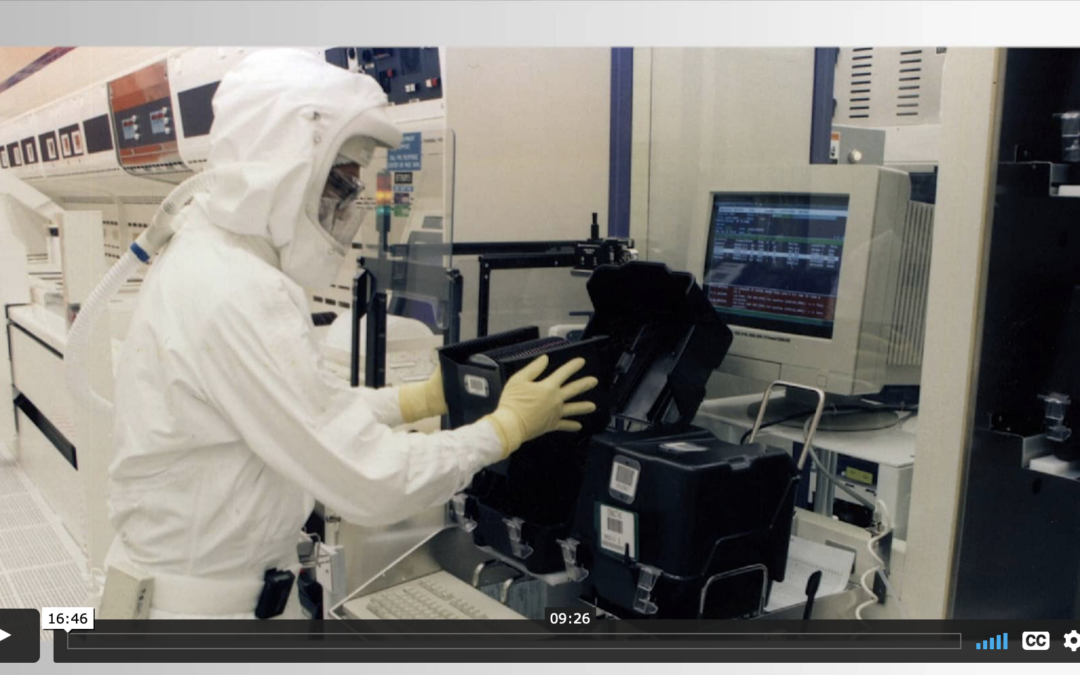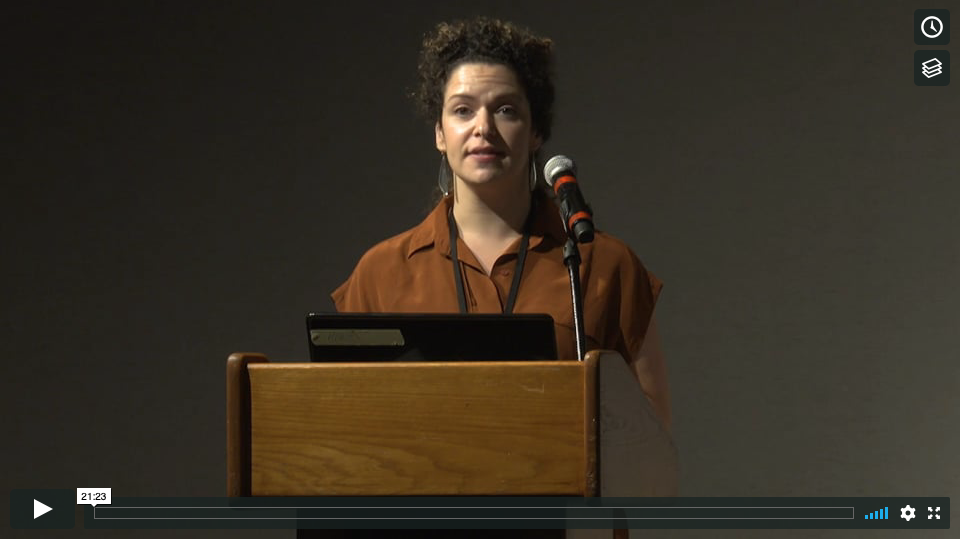Scale suffuses the work we do and, recently, has us considering an aspect of scale best suited to those with ethnographic training. We've been asked to help with scaling up one of the latest blockbusters in high tech – deep learning. Advances in deep learning have enabled technology to be...



